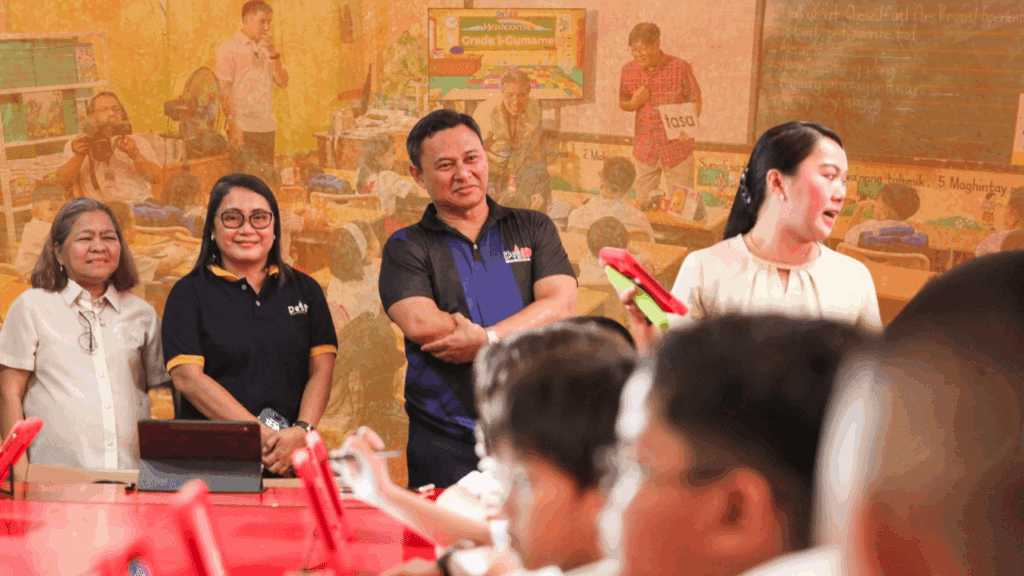DepEd chief admits anew literacy crisis flagged by UNICEF, but says ‘it’s manageable’

Education Secretary Juan Edgardo “Sonny” Angara on Wednesday acknowledged once again that the Philippines is facing a literacy crisis, but assured the public that the Department of Education (DepEd), together with other government agencies, is implementing a whole-of-government strategy to address the issue and improve basic education outcomes.
“Mayroon naman po (There is). We can manage it,” Angara said in an ambush interview on Wednesday when asked to confirm the recent comment of the United Nations Children’s Fund (UNICEF) flagging persistently low learning outcomes among Filipino students, especially those in underserved and remote areas.
He emphasized that the Marcos administration is placing education at the top of its priorities, with targeted resources seen as crucial to turning the tide.
“We need the leadership of the President [Ferdinand Marcos Jr.] in order to move and devote resources to it,” he added.
On Monday, during a separate ambush interview at Tenement Elementary School in Taguig, Angara reiterated that DepEd is pursuing targeted reforms, including early grade interventions and support mechanisms for overburdened teachers.
UNICEF Philippines education chief Akihiro Fushimi acknowledged the efforts being made but said millions of Filipino children—particularly the most vulnerable—still lack access to quality learning opportunities. He cited the Philippines’ adoption of the K to 12 system as a positive step but stressed the need to invest earlier in a child’s development.
“As early as three to four years before (children) enter kindergarten, we have to invest in their health, nutrition and education,” Fushimi said. “I think there’s a huge momentum when it comes to support, with the leadership and with the technical people’s efforts on the daily basis.”
Still, Fushimi warned of a deepening regional learning crisis. Citing data, he said 90 percent of Grade 5 students in Southeast Asia cannot read at the expected level, while 83 percent struggle with basic mathematics. In the Philippines, Grade 4 students typically possess skills only at the Grade 2 level, with the situation reportedly worse in the Bangsamoro Autonomous Region in Muslim Mindanao.
UN-World Food Programme Deputy Country Director Dipayan Bhattacharyya echoed these concerns, linking poor academic performance to poverty and malnutrition. He pushed for the expansion of the current school feeding program, which he said only targets “wasting” or acute malnutrition.
To enable this shift, he recommended amending Republic Act 11037, or the “Masustansyang Pagkain para sa Batang Pilipino Act,” and offered WFP’s support in exploring sustainable financing options for universal school feeding coverage.
